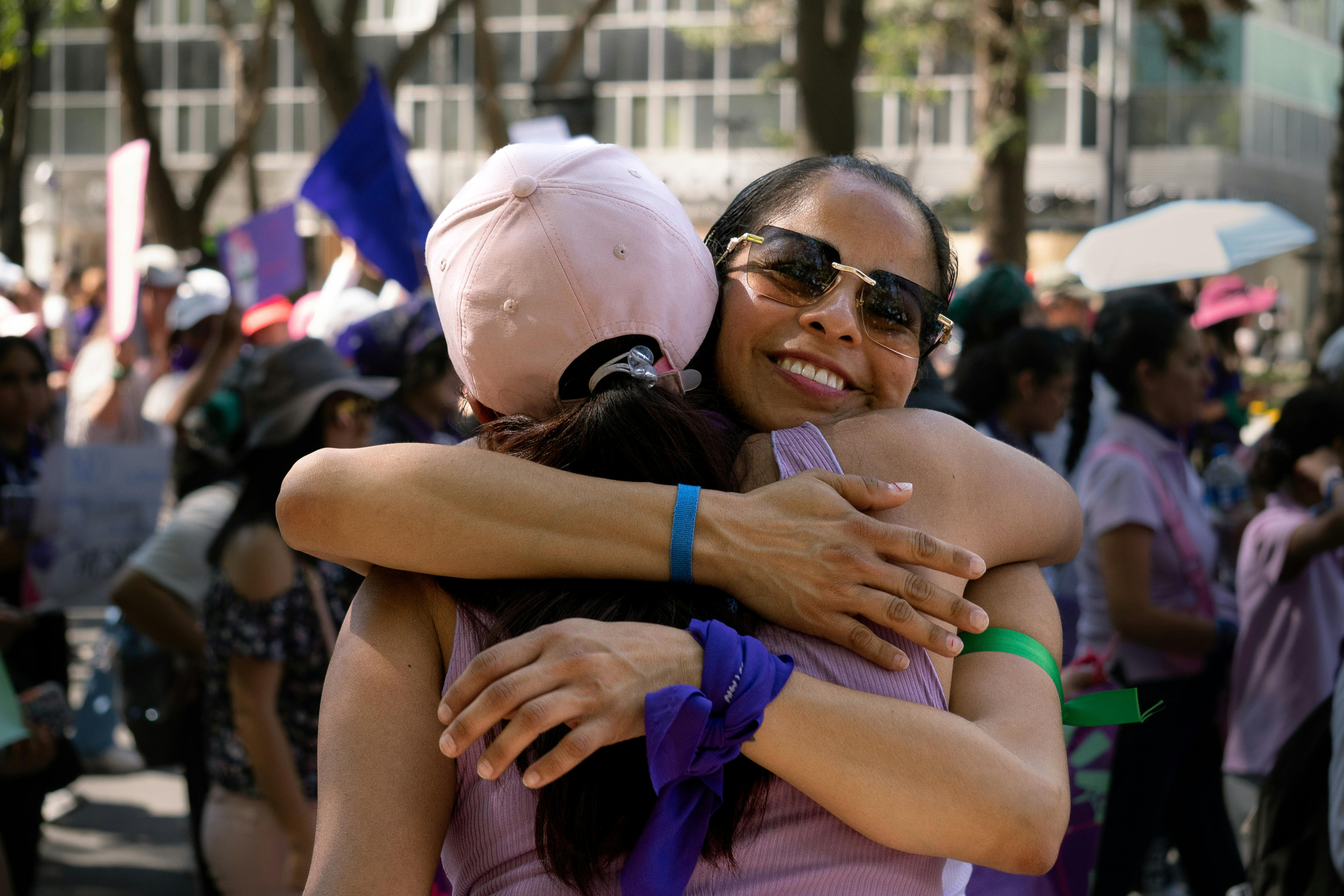From the onset, the mission of G{Code} deeply resonated with the team here at Fundraise Inc. The organization speaks to Boston as a city laden with opportunities, but unfortunately also marred by disparities in geography and demographics. Not unlike so many communities across the United States, these inequalities disproportionately affect young women and non-binary individuals of color.

G{Code} has dedicated themselves to this community – talented individuals, who often age out of support services – and equips them with tools to explore their potential and advance within the tech industry.
There’s no doubt that we were sold on the mission of G{Code}, but a recent article has underscored the indispensability of G{Code}.
The Boston Public Health Commission recently presented a staggering disparity in life expectancy across the city. The data paints a concerning picture: a two-mile stretch could mean a 23-year difference in life expectancy. It suggests that individuals living in some sections of the Back Bay area can expect to live close to 92 years, while those residing near Nubian Square in Roxbury have a life expectancy just shy of 69 years.
Various factors contribute to this vast gap, including income, homeownership rates, education levels, and racial demographics. The median household income in Roxbury stands at $42,211, considerably lower than the $141,250 in Back Bay. Additionally, Back Bay boasts significantly higher homeownership rates and a higher percentage of residents with a college degree.
Dr. Bisola Ojikutu, Boston’s Public Health Commissioner, highlights the toll of chronic stress on life expectancy. The relentless struggle against low wages, racial discrimination, subpar housing, and security concerns can lead to serious health complications such as high blood pressure, cardiovascular diseases, obesity, and diabetes. She describes this wear and tear as “weathering,” an evocative term that captures how sustained stress can prematurely age an individual.
The COVID-19 pandemic further deepened this life expectancy chasm, with communities of color bearing the brunt of the impact. Life expectancy for white residents decreased by about one year, while Asian and Black residents saw a reduction of three years, and Latinx residents experienced a sharp four-year decrease.
Although the striking 23-year life expectancy gap remains, there are glimmers of progress. The lowest projected average lifespan has risen from 59 years in 2003-2007 to 69 years in 2015-2021. The Boston Health Equity Program by the Whittier Street Health Center in Roxbury has played a pivotal role in this advancement. The program proactively identifies high-risk patients and connects them to crucial resources like housing and food aid.
Nevertheless, the urgency for collective efforts to bridge this life expectancy gap cannot be overstated. Boston City Councilor Tania Fernandes Anderson and Rev. Jeffrey Brown stress the importance of addressing underlying issues such as subpar education, unemployment, and flawed housing policies. They also encourage exploring innovative housing solutions.
David Williams, a researcher from Harvard, emphasizes the pivotal role of quality education and apprenticeship programs in creating a level playing field. Moreover, Dr. Ojikutu envisions a strategic pooling of resources from hospitals, non-profits, employers, and government entities for significant investments in neighborhoods like Nubian Square.
The stark life expectancy disparity in Boston lays bare the entrenched systemic inequities within the city. It is a wake-up call, urging us to adopt comprehensive and cooperative strategies to ensure everyone, irrespective of their zip code, has a fair shot at a long, healthy life. This daunting challenge amplifies the invaluable role of organizations like G{Code}, which tirelessly champions equity and economic opportunity.
By ensuring access to essential resources such as housing, fostering inclusive communities, guaranteeing quality education, and expanding economic opportunities for young women and non-binary people of color, G{Code} plays a proactive role in tackling these disparities. Their mission has never been more urgent, and their readiness to effect substantial change is unquestionable. Their work, in harmony with broader systemic changes, can guide us towards bridging the life expectancy gap, constructing a more equitable Boston.



